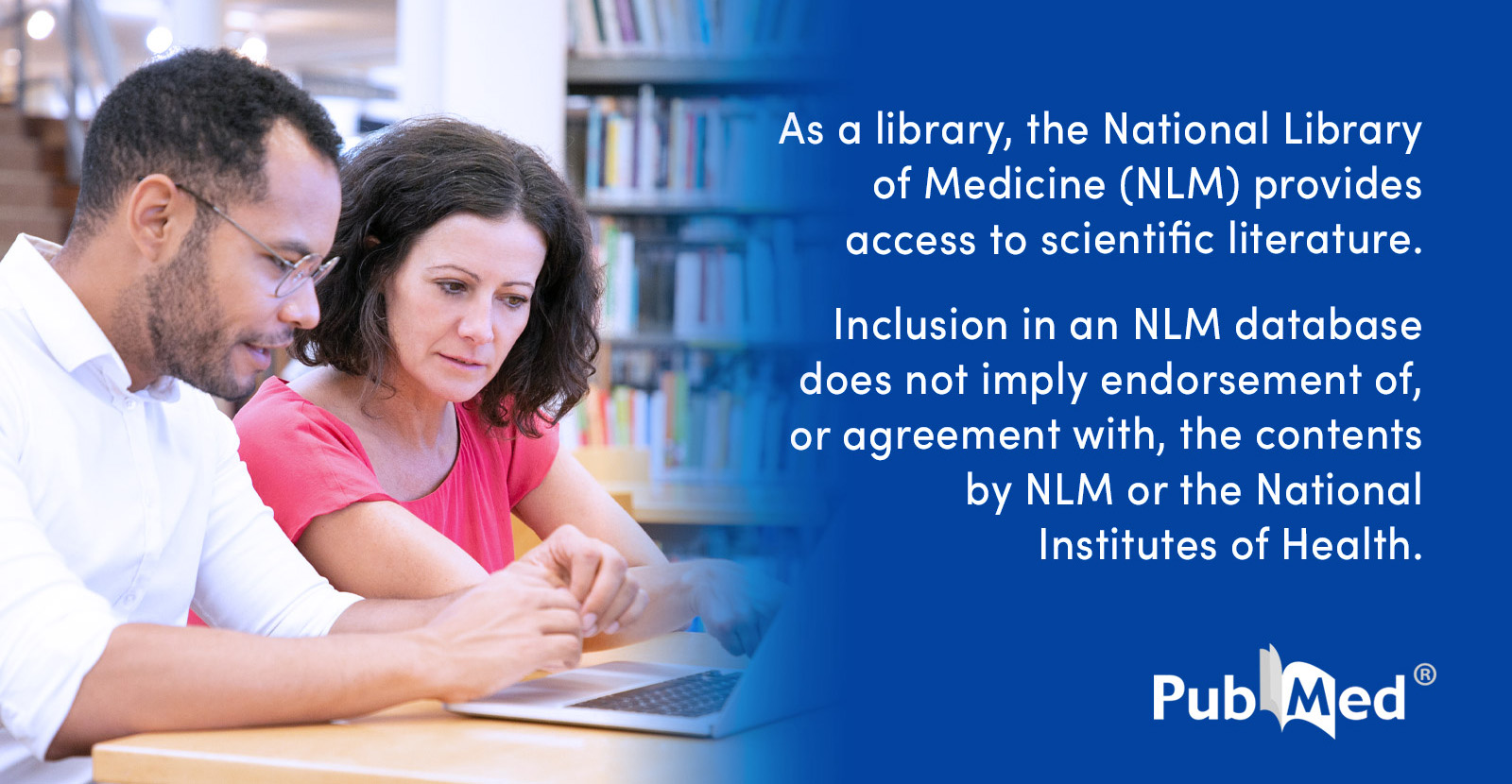t_wrex
Bluelighter
- Joined
- Jul 29, 2019
- Messages
- 141
Just on wiki the other day during an L trip, and found an article on "CCK-4". A phrase caught my eye:
Anyone have any more info about how this might work? I'm not a very "anxious" person and have never had a panic attack in my life. How would you think this substance would feel?
CCK-4 reliably causes severe anxiety symptoms when administered to humans in a dose of as little as 50μg,[1] and is commonly used in scientific research to induce panic attacks for the purpose of testing new anxiolytic drugs.
Anyone have any more info about how this might work? I'm not a very "anxious" person and have never had a panic attack in my life. How would you think this substance would feel?

